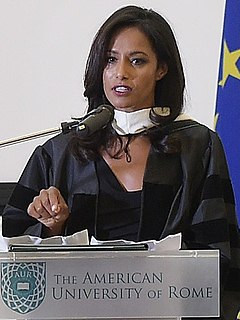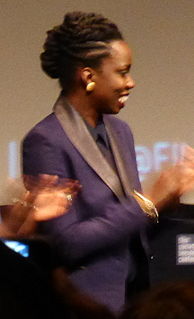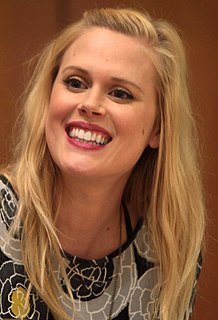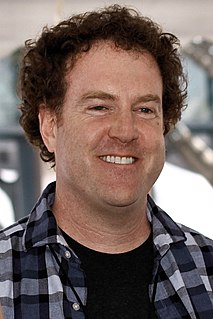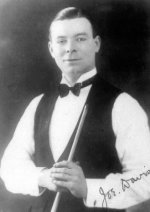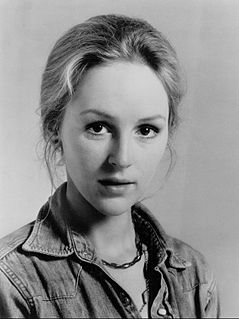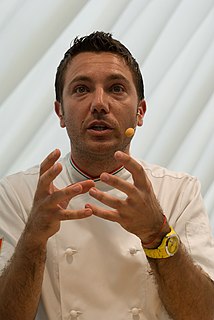A Quote by Rula Jebreal
I was 16 when my father died, and I had a choice to come back and live in his house or I'd stay at the school. But I felt if my father wanted me to go to that school when I was 5, there must have been a reason - and I understood that reason when I was a teenager, because that school became the only place where I was safe.
Related Quotes
The reason why I found acting is because my father passed away. He passed away really young. I was going to go to med school. My father's dream was that all of his kids become doctors. I realized in school I didn't like it. When he died, it was like a wake-up call. Life is too short to do something you don't want to do.
Though [John] Hughes did provide for us, if we wanted, to go to a local high school and try to blend in. Michael [Hall] and Molly [Ringwald ] already had school to go to with their tutors. Ally [Sheedy] wanted nothing to do with high school. She said, "I remember it fine. I don't want to go back." Which is great. So Emilio [Estevez] and I went. And Emilio lasted a couple hours because people recognized him from The Outsiders that had already been out, so his cover was blown.
I was a completely normal kid, the school nerd. In Year 8 and 9 I got picked on. I was a freak- no one understood me. I was the kid who wanted to be abducted by ET. Then all the losers left in Year 10. But I was quite good at school, and very artistic. In Year 11 it turned around. I became one of the coolest kids in school. I was in school musicals- the kid who could sing. It was bizzare. I loved school. It's an amazing little world. The rules inside the school are different from the outside world.
